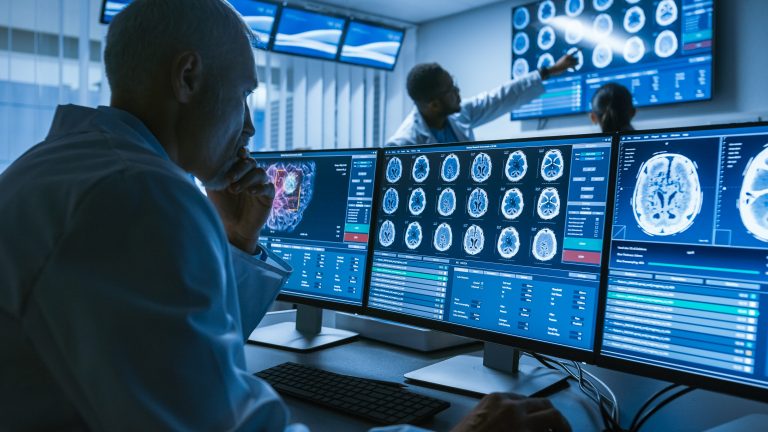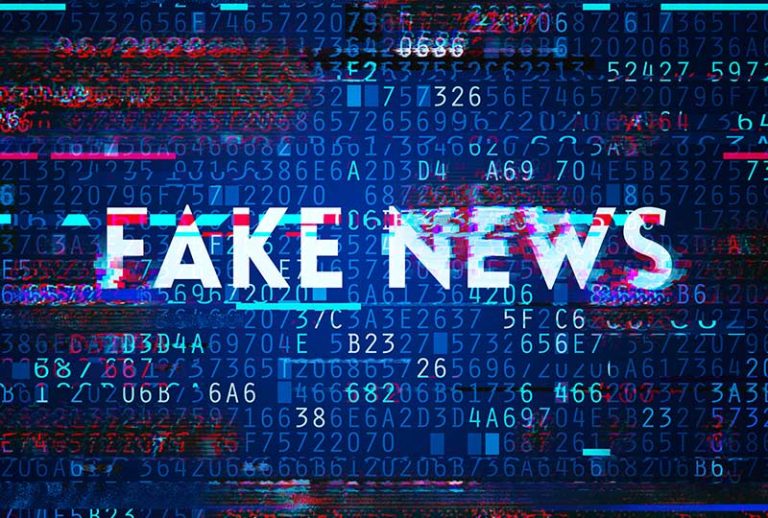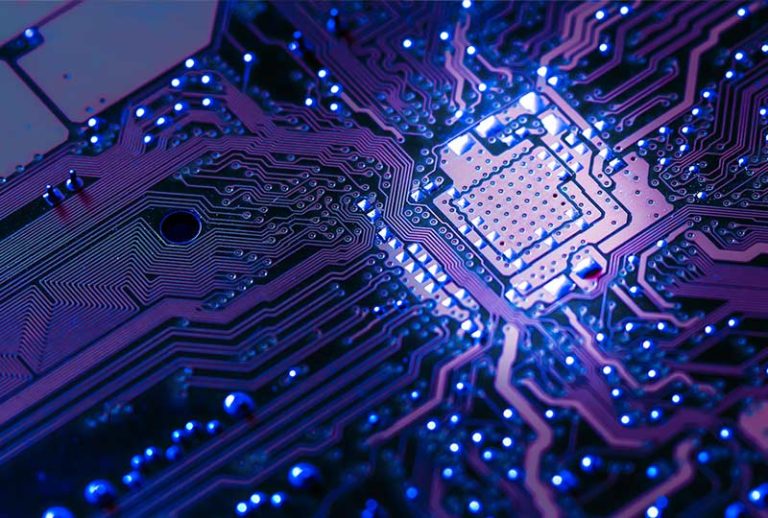Pope Francis Tackles Ethical Dilemmas Arising from Rapid Technological Advancements
Pope Francis recently held an Audience with participants from the meeting themed “Common Good in the Digital Age.” This event was organized by the Pontifical Council for Culture and the Dicastery for Promoting Integral Human Development. At the commencement of the Audience, Cardinal Ravasi highlighted that the intricate nature of ongoing scientific exploration in digital culture had motivated the two Vatican Dicasteries to “join forces.”
From AI to Transhumanism
During the discussion, Cardinal Ravasi enumerated various pressing subjects that were addressed, including digital systems, autonomous weaponry, artificial intelligence, blockchain technology, robotization, and transhumanism. He emphasized that the “guiding star” of their reflections remained fixed on the “value of the common good and the safeguarding of human dignity.” In his response, Pope Francis acknowledged the “remarkable advancements in technology, particularly those concerning artificial intelligence,” asserting that these developments carry increasingly significant ramifications across every realm of human endeavor.
Technology and Ethics
In reference to his Encyclical Letter, *Laudato Si’*, the Pope pointed out that “the undeniable advantages that humanity can reap from technological advancements hinge on the extent to which the new possibilities at our fingertips are utilized ethically.” He cautioned against a “technocratic paradigm” that promises unchecked progress, potentially jeopardizing humanity as a whole. Instead, Pope Francis urged the active cultivation of “a culture of encounter and interdisciplinary dialogue.”
The Common Good
The Pope commended the “inclusive and fruitful dialogue” that characterized their meeting, promoting an atmosphere where all participants could learn from one another without retreating into rigid methodologies. He acknowledged the importance of articulating “both theoretical and practical moral principles” to effectively tackle the ethical challenges within the framework of the common good.
Robotics
In his address, Pope Francis specifically addressed the dual roles of robots in the labor market. While he noted that robots can take on “arduous and repetitive tasks,” he also pointed out the concerning reality that they might displace “thousands of workers, putting their dignity at risk.”
Artificial Intelligence
On the subject of artificial intelligence, the Pope warned that even though AI can facilitate “greater access to reliable information,” it can also disseminate “tendentious opinions and false information” capable of “manipulating the thoughts of millions,” thus threatening the institutions that uphold peaceful civil coexistence.
The Good of the Individual
Pope Francis issued a stark warning: “If technological advancement becomes a foe of the common good,” he said, “this may result in a regrettable regression into barbarism dictated by the strongest.” He underscored that “the common good cannot be disentangled from the specific good of each individual.”
A Better World
In closing, the Pope expressed his belief that “a better world is achievable through technological progress, provided that this is accompanied by an ethic grounded in the vision of the common good—an ethic of freedom, responsibility, and fraternity capable of enabling the full development of individuals in relation to one another and the entirety of creation.”
Pope Francis recently held an Audience with participants from the meeting themed “Common Good in the Digital Age.” This event was organized by the Pontifical Council for Culture and the Dicastery for Promoting Integral Human Development. At the commencement of the Audience, Cardinal Ravasi highlighted that the intricate nature of ongoing scientific exploration in digital culture had motivated the two Vatican Dicasteries to “join forces.”
From AI to Transhumanism
During the discussion, Cardinal Ravasi enumerated various pressing subjects that were addressed, including digital systems, autonomous weaponry, artificial intelligence, blockchain technology, robotization, and transhumanism. He emphasized that the “guiding star” of their reflections remained fixed on the “value of the common good and the safeguarding of human dignity.” In his response, Pope Francis acknowledged the “remarkable advancements in technology, particularly those concerning artificial intelligence,” asserting that these developments carry increasingly significant ramifications across every realm of human endeavor.
Technology and Ethics
In reference to his Encyclical Letter, *Laudato Si’*, the Pope pointed out that “the undeniable advantages that humanity can reap from technological advancements hinge on the extent to which the new possibilities at our fingertips are utilized ethically.” He cautioned against a “technocratic paradigm” that promises unchecked progress, potentially jeopardizing humanity as a whole. Instead, Pope Francis urged the active cultivation of “a culture of encounter and interdisciplinary dialogue.”
The Common Good
The Pope commended the “inclusive and fruitful dialogue” that characterized their meeting, promoting an atmosphere where all participants could learn from one another without retreating into rigid methodologies. He acknowledged the importance of articulating “both theoretical and practical moral principles” to effectively tackle the ethical challenges within the framework of the common good.
Robotics
In his address, Pope Francis specifically addressed the dual roles of robots in the labor market. While he noted that robots can take on “arduous and repetitive tasks,” he also pointed out the concerning reality that they might displace “thousands of workers, putting their dignity at risk.”
Artificial Intelligence
On the subject of artificial intelligence, the Pope warned that even though AI can facilitate “greater access to reliable information,” it can also disseminate “tendentious opinions and false information” capable of “manipulating the thoughts of millions,” thus threatening the institutions that uphold peaceful civil coexistence.
The Good of the Individual
Pope Francis issued a stark warning: “If technological advancement becomes a foe of the common good,” he said, “this may result in a regrettable regression into barbarism dictated by the strongest.” He underscored that “the common good cannot be disentangled from the specific good of each individual.”
A Better World
In closing, the Pope expressed his belief that “a better world is achievable through technological progress, provided that this is accompanied by an ethic grounded in the vision of the common good—an ethic of freedom, responsibility, and fraternity capable of enabling the full development of individuals in relation to one another and the entirety of creation.”






